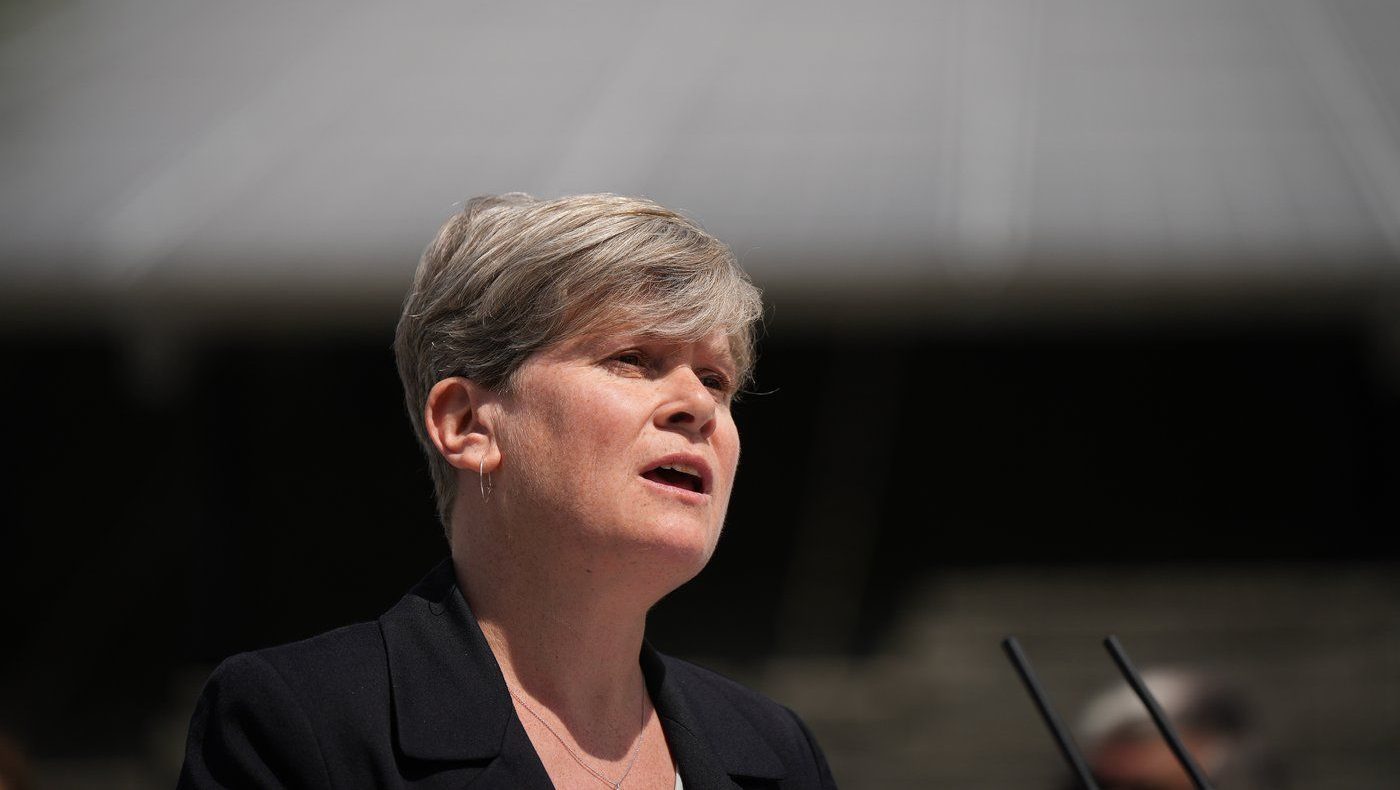Legal Challenge Against Bill 7 Concludes
Two advocacy organizations have decided not to pursue an appeal following an Ontario court’s dismissal of their Charter challenge to the province’s long-term care law, which allows hospitals to move patients into facilities they did not choose—or face a $400 daily charge for remaining in a hospital.
The case was brought by the Advocacy Centre for the Elderly (ACE) and the Ontario Health Coalition (OHC), with a hearing in Ontario’s Superior Court of Justice in September.
The organizations argued that the More Beds, Better Care Act (Bill 7), passed in 2022, violated Charter rights and should be repealed. The government, however, asserts that the law is essential to free up hospital beds for those requiring urgent care.
In January, Justice Robert Centa ruled in favor of the provincial government, dismissing the case.
Appeal Not Feasible Due to Costs
OHC Executive Director Natalie Mehra expressed disappointment over the court’s decision, stating that the organization simply couldn’t afford the high costs of an appeal.
She explained that the OHC has already covered most of the $200,000 legal costs associated with the case and is still actively fundraising. Furthermore, she acknowledged that appeals are challenging to win, making it an especially difficult financial and strategic decision.
“It’s incredibly frustrating and disheartening,” Mehra remarked. “We know that patients are suffering because of this law, as they struggle to find a long-term care home that meets their needs and allows them to stay close to family.”
Court’s View on $400 Fee and Coercion
In his ruling, Justice Centa maintained that Bill 7 did not violate the Charter, asserting that the law did not interfere with a patient’s right to choose their living arrangements.
Regarding the $400 per day fee for refusing to transfer, he stated that it was not coercive, but rather served an important policy purpose to maximize hospital resources.
“The purpose of Bill 7 is to reduce the number of alternate level of care (ALC) patients in hospitals eligible for long-term care, which in turn helps hospitals focus on patients requiring acute care,” he wrote in his decision.
Mehra, however, disagreed strongly with this reasoning, expressing shock at the idea that charging elderly patients $12,000 a month was not coercive.
“These patients are on fixed incomes, and this amount is unaffordable for most Ontarians. They don’t have a choice in the matter,” she said.
Families Facing Financial Hardships Under Bill 7
The law has already led to significant financial consequences for patients and families.
One notable example is Michele Campeau, whose elderly mother was billed $26,000 after she refused to move her mother from a Windsor hospital to a long-term care facility that the family did not approve of.
Despite reaching out for comment, Campeau has not responded. However, she has previously stated that she did not intend to pay the bill and strongly opposed the court’s ruling.
Many seniors, caregivers, and advocacy groups continue to argue that the law is unfair, particularly for elderly patients nearing the end of their lives, as it forces them into homes they didn’t choose.
Government Defends Bill 7’s Necessity
Despite criticism, the provincial government and healthcare professionals who provided evidence during the court proceedings defend the law as a critical tool for hospital efficiency.
A spokesperson for Ontario’s Minister of Health reiterated that the law is designed to ensure patients receive care in appropriate settings while addressing hospital overcrowding.
“Bill 7 frees up hospital beds, enabling patients waiting for surgery to receive treatment sooner,” the spokesperson stated. “It also reduces pressure on emergency departments and ensures that patients are connected to the care they need, when they need it.”
Advocacy Groups Remain Determined to Push for Change
While the legal fight may be over, Mehra and the OHC vow to continue their advocacy efforts, focusing on ensuring better care for elderly patients.
The organization will press the government for:
- Expanded home care services to reduce unnecessary transfers to hospitals and LTC facilities.
- Increased capacity in both hospitals and long-term care homes.
- Construction of modern and desirable long-term care homes that seniors are eager to live in.
“The government’s approach of targeting patients rather than addressing the systemic capacity issues within healthcare is morally wrong,” Mehra emphasized.
“We must continue to fight with everything we have to force change that truly supports seniors.”







